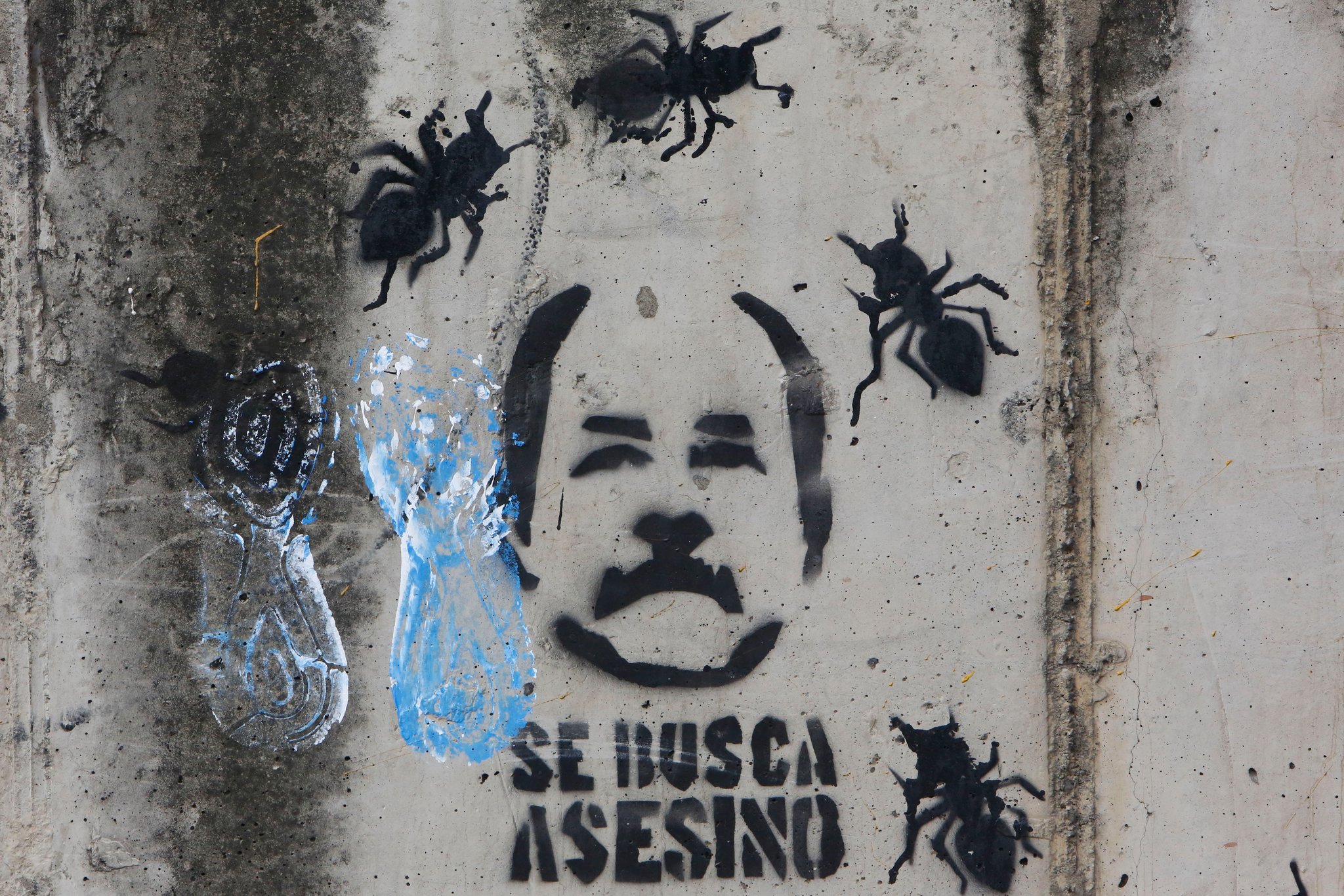RIO DE JANEIRO, BRAZIL – Several Nicaraguan opposition leaders, including four presidential hopefuls, remained imprisoned on Thursday with five months to go before the general elections, which prompted the Secretary-General of the Organization of American States (OAS), Luis Almagro, to call for the suspension of the Central American country’s participation in that organization.
Meanwhile, the High Representative for Foreign Policy of the European Union, Josep Borrell, given the “deterioration of the political situation” in Nicaragua, affirmed that the EU “is ready to use all the means at its disposal”.

He also said that they would work with the international community to defend dialogue and democracy as an essential step to restore confidence in public institutions and promote respect for the rule of law and human rights in Nicaragua.
Following the arrest of opposition leaders and electoral pre-candidates in recent days, the United States sanctioned four advisors to President Daniel Ortega, including his daughter Camila Antonia Ortega Murillo.
ALBA BACKS ORTEGA
In their defense, the member countries of the Bolivarian Alliance for the Peoples of America (ALBA) “energetically rejected the announcement of unilateral coercive measures in violation of International Law by the Treasury Department of the United States Government”.
Read also: Check out our coverage on Nicaragua
The Alliance condemned “this type of actions” which “violate the fundamental principles of the United Nations Charter” and reiterated that “these unilateral coercive measures evidence the interventionist character of a State which transgresses the provisions of public international law and international human rights law”.
The Government of Nicaragua also protested “energetically” against these sanctions and branded the U.S. as “imperialist and colonialist”.
The Nicaraguan National Assembly (Parliament), controlled by the Sandinistas, besides condemning the sanctions, supported “the legal actions carried out by the Public Prosecutor’s Office and the National Police” against the opposition leaders who have been arrested.
GUATEMALA WARNS OF “VERY LARGE MIGRATION”.
The president of Guatemala, Alejandro Giammattei, called on Ortega to cease repression, release opponents, and move towards a real democratic process for next November’s elections.
Giammattei said that the situation in Nicaragua “could turn into a huge migration” that could first affect Costa Rica and Honduras as their closest neighbors, and that in the region, “we are not prepared to receive hundreds of thousands of people fleeing from a regime such as the one he intends to install”.
For its part, the Federation of Chambers and Industrial Associations of Central America and the Dominican Republic (Fecaica) considered that the events in Nicaragua “threaten the development of the country, causing economic, political and social instability” and that “jeopardizing the legal certainty of the country will have serious consequences, directly affecting employment and investment”.
The National Police, headed by Francisco Díaz, Ortega’s in-law, is keeping under arrest a total of four presidential aspirants for the opposition, including a former vice-chancellor.
THE DETAINED OPPONENTS
The Nicaraguan Police, led by a father-in-law of President Ortega, Francisco Díaz, is holding four presidential aspirants for the opposition – Cristiana Chamorro, Arturo Cruz, Félix Maradiaga and Juan Sebastián Chamorro García – under arrest.
Also, the former head of the Superior Council of Private Enterprise (Cosep) José Adán Aguerri, the former vice-chancellor José Pallais, the opposition activist Violeta Granera, and two former collaborators of an NGO, who have been detained in the last week under accusations of various crimes.
The opposition National Coalition demanded the “immediate release” of Pallais, who is about to turn 68 years old, because “his life is at risk” because he suffers from “heart problems, diabetes, hypertension, obesity, sleep apnea, glaucoma, and spinal problems”.

